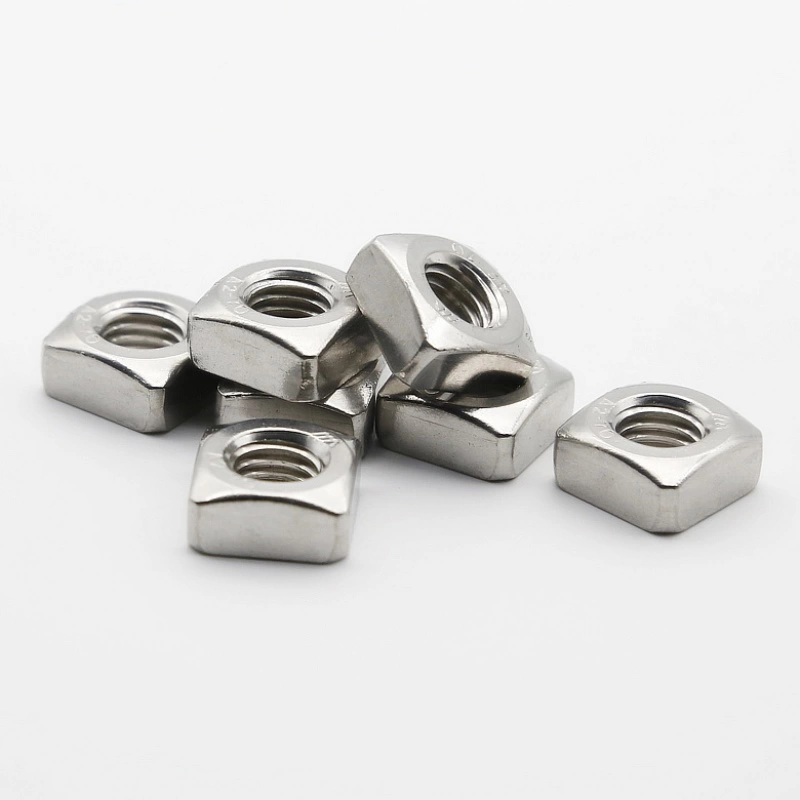

metric washers
Sep . 21, 2024 11:18 Back to list
metric washers
Understanding Metric Washers A Comprehensive Overview
Metric washers play a crucial role in various mechanical and engineering applications. These small, flat discs with a hole in the center are essential components used to distribute the load of a threaded fastener, such as a bolt or screw. Their primary function is to prevent damage to surfaces, reduce friction, and increase the overall stability of the assembly.
Constructed from various materials, including steel, stainless steel, plastic, and rubber, metric washers come in diverse sizes and thicknesses, making them suitable for a wide array of applications
. The metric system, which is based on multiples of ten, provides a standardized way to measure the dimensions of these washers, ensuring compatibility with other metric components.When selecting a metric washer, it is vital to consider several factors. The first is the washer's material for example, stainless steel washers offer excellent corrosion resistance, making them ideal for outdoor and marine applications. Conversely, rubber washers are often used in plumbing applications as they provide a watertight seal.
metric washers

Another crucial aspect to consider is the washer's size. Washers are categorized by their inner diameter (ID), outer diameter (OD), and thickness. It is essential to choose a washer that matches the specifications of the fastener and the materials being joined. Using the wrong size can lead to improper load distribution, which may cause failure in the assembly.
Metric washers also come in different types, such as flat washers, lock washers, and spring washers. Flat washers are the most common and are used to prevent damage and distribute load. Lock washers, on the other hand, are designed to prevent loosening due to vibration and movement. Spring washers, which provide tension, are often utilized in applications where a continual force is required to maintain the joint.
In summary, metric washers are indispensable components in various applications, ensuring the reliability and longevity of mechanical assemblies. Understanding their dimensions, materials, and types is essential for anyone involved in engineering, manufacturing, or DIY projects. By selecting the appropriate metric washer, you can enhance the performance and durability of your assemblies, making them safer and more efficient in their function.
Latest news
-
High-Strength Hot-Dip Galvanized Bolts-Hebei Longze|Corrosion Resistance&High Strength
NewsJul.30,2025
-
Hot Dip Galvanized Bolts-Hebei Longze|Corrosion Resistance&High Strength
NewsJul.30,2025
-
Hot Dip Galvanized Bolts - Hebei Longze | Corrosion Resistance, High Strength
NewsJul.30,2025
-
High-Strength Hot Dip Galvanized Bolts-Hebei Longze|Corrosion Resistance, Grade 8.8
NewsJul.30,2025
-
Hot Dip Galvanized Bolts-Hebei Longze|Corrosion Resistance,High Strength
NewsJul.29,2025
-
High-Strength Hot Dip Galvanized Bolts - Hebei Longze Metal Products Manufacturing Co., Ltd.|corrosion resistance&high strength
NewsJul.29,2025

